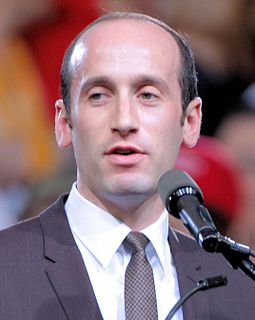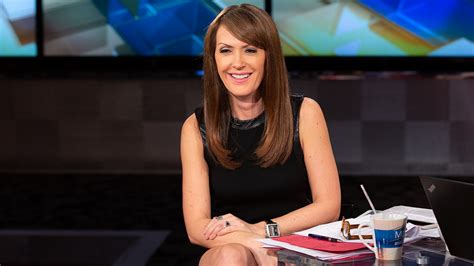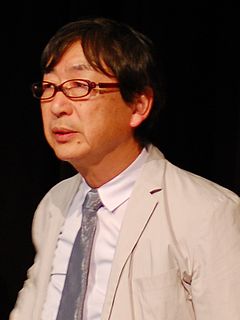A Quote by Hans Blix
Even on television, the wavelengths that you use, they have to be distributed between countries.
Quote Topics
Related Quotes
If you walk into any bookstore, you can look at the newsstands and see which magazines are nationally-distributed, and you recognize certain names. Same with television. With the blogsphere, however, you actually have to dig, and know how to use multiple tools to figure out whom you should be speaking to.
When we look at the wider picture, the relationship between the U.K. and America, I know how valuable the friendship is between our two nations. As home secretary, I can tell the House that the importance of the relationship between our countries, the unparalleled sharing of intelligence between our countries, is vital.
The main issue [of the Scientific Revolution] is that the people in the industrialised countries are getting richer, and those in the non-industrialised countries are at best standing still: so the gap between the industrialised countries and the rest is widening every day. On the world scale this is the gap between the rich and the poor.
I think it's very important to remember that so much of the work that gets done between countries is not done at the level of presidents, but is done within various agencies, whether it's law enforcement or economic ministries. And when they establish relationships and systems of communications and shared projects and shared visions, those structures continue even after any particular president is gone. It builds trust and understanding between countries that are critically important.








































